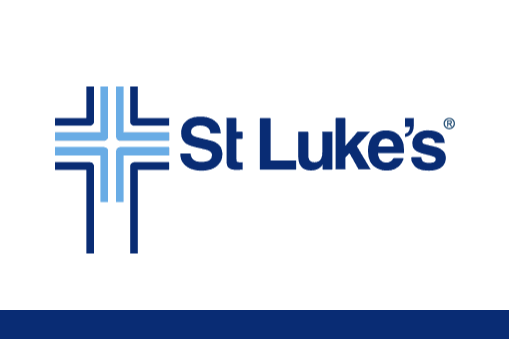Customer Stories
St Luke’s Health System case study

Overview
As the only Idaho-based, not-for-profit health system, St. Luke’s Health System is dedicated to the mission “to improve the health of people in the communities we serve.”
Challenges
Every day defective product alerts are sent to health systems from manufacturers, distributors, and the Food and Drug Administration “FDA”. A small subset of these notices are regarding recalls or other issues describing product problems that, if left unresolved, are likely to result in patient or user death, severe injuries and/or permanent health problems or other significant adverse consequences.
We call this type of product alert a critical product alert. Examples of critical product alerts include: when a surgical item will break off into a patient, a life supporting device will stop working, or a defibrillator failure.
Critical product alerts have increased in volume for the past three years. In 2016, St. Luke’s Health System (SLHS) addressed 15 critical alerts. In 2017, SLHS addressed 30 critical alerts. Currently, through September 2018, SLHS has already addressed 29 critical alerts.
While we had many aspects of a proactive system, we didn’t have a way to raise the immediate visibility we needed when a critical alert was assigned to our health system.
Objectives
Our health system standard is resolving 100% of the critical alert assignments within 24 hours of assignment for the safety of both our patients and employees.
“The immediate communication we send through Everbridge demonstrates the commitment St. Luke’s Health System has placed on resolving critical product alerts as soon as possible in a consistent, strategic manner that helps to improve the safety of the community that we’re serving.”
Crystal Geibel, St. Luke’s Health System
Results
Q&A with Crystal Geibel, BI Analyst 2, Supply Chain Management, St. Luke’s Health System
For the last ten months, resolving 100% of critical alerts within 24 hours is exactly what SLHS has done. This is significant because while many health systems are not even looking at the percentage of critical assignments completed within a time frame, our system has a standard that is higher than any other we’ve met, and we are monitoring to that standard and we are meeting it.
We use Everbridge to support this and communicate when we have a critical product alert assignment. We communicate with senior leadership as well as those end users who were automatically assigned to complete the alerts’ actions based on their specialty area.
This immediate communication is important because while we had many proactive practices in place previously, the Everbridge alerts increased visibility of the product recall action that was needed and helped it to be completed faster, improving the safety of our community and the efficiency of the operation.
When our end users, called Trackers, receive the Everbridge text alert they check our product alert software where they see: information on the nature of the issue, the actions to take. and the purchase history that matches this alert. These Trackers have automated back-ups and have completed special training to optimize their performance. They take action, document the action, and their performance is reported to senior leadership through our system balanced scorecard, Environment of Care meetings and a weekly dashboard report.
The immediate communication we send through Everbridge demonstrates the commitment St. Luke’s Health System has placed on resolving critical product alerts as soon as possible in a consistent, strategic manner that helps to improve the safety of the community that we’re serving.


